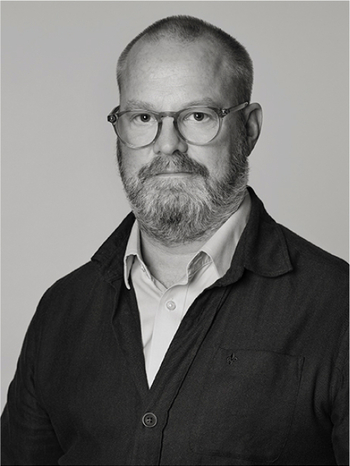Herman Lindqvist
Summer Day in Kungsträdgården with the Carlsson House (Denmark's House) and St. James's Church
Signed H. Lindqvist and dated 1919. Oil on canvas 65 x 54 cm.
Muut tiedot
When Herman Lindqvist depicts the street life of Stockholm on a warm summer day in 1919 in the auction's painting, he appears as something of a Swedish counterpart to the Danish artist Paul Fischer (1860-1934), who conveyed the pulse of the Danish capital through his everyday scenes from the streets and squares of Copenhagen. The comparison is even more fitting as we see, centrally in Herman Lindqvist's painting, the building that today is called Danmarks hus and houses, among other things, the Danish embassy. The building, located at Jakobs torg 1, was erected in 1886-1888 on the initiative of the cellar master of Operakällaren, Bengt Carlsson, and was therefore previously known as Carlssonska huset. After a renovation in 1926-1928, the building was extended by one floor. In Herman Lindqvist's painting from 1919, however, it still retains its original appearance.
The painting in the auction is one of the few examples in Swedish art of snapshot-like, impressionistic depictions of street life in Stockholm from the transitional period of the late 1910s, when the first steps towards a modern society were just beginning to be taken. Notice how the artist discreetly lets an automobile, swinging around the corner at S:t Jacobs Church, become a congenial symbol for the impending social transformation.
In this context, one could naturally mention a name like Erik Tryggelin, but although he also depicted the modern street life of the era, he did so in a pronounced blue painting style that originated from the national romantic cityscapes of Karl Nordström and Eugène Jansson. Herman Lindqvist had on occasion worked in the same mood-filled vein, but at a time when the style was more current, as in the evocative "Evening Mood, Hamngatan" from 1904 (Stockholm City Museum).















































